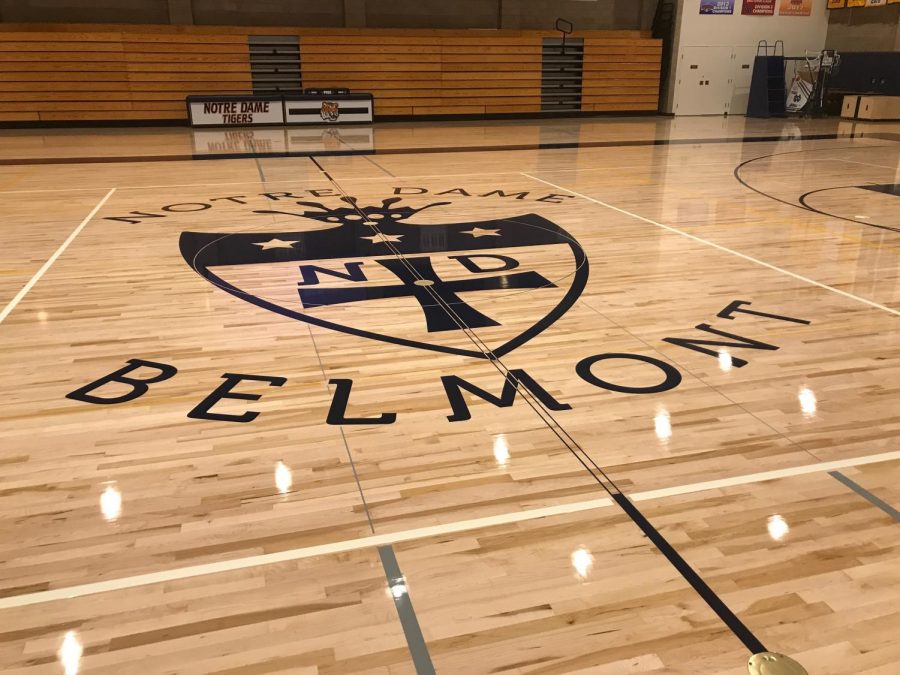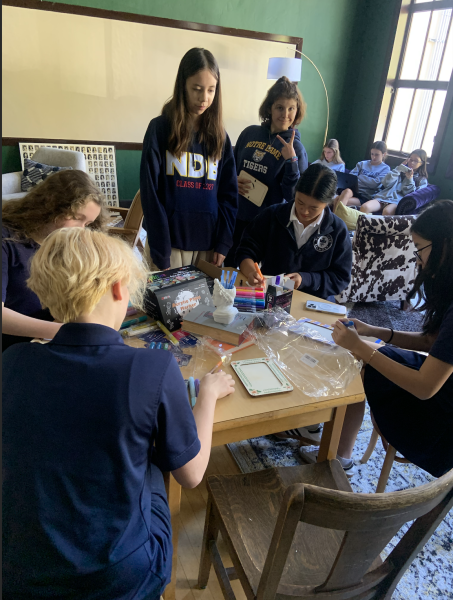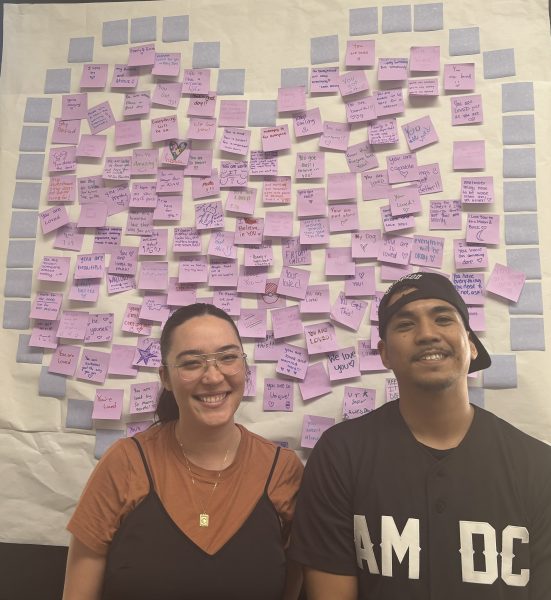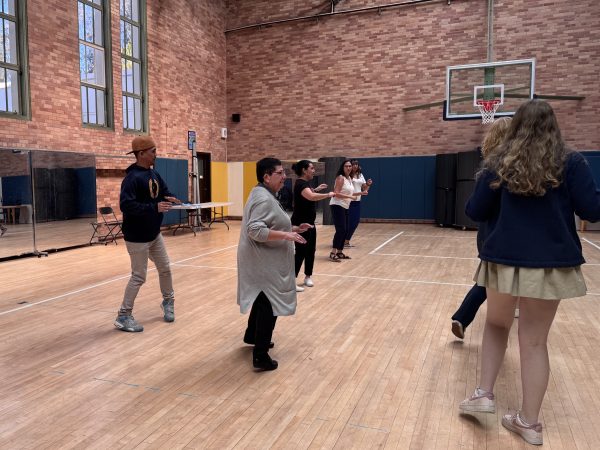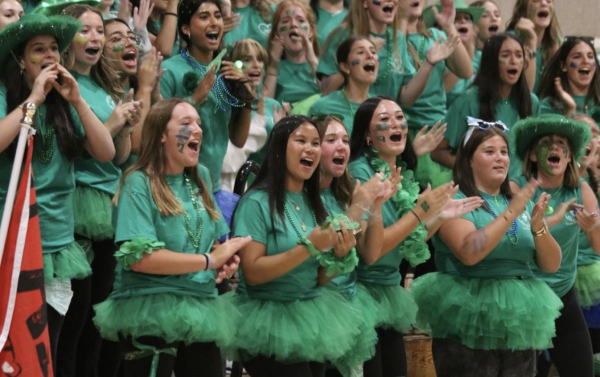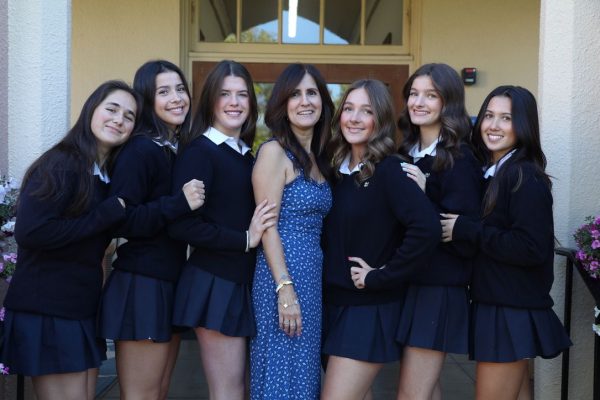Community reacts to college admissions scandal
Students question privilege, share concerns about their own college apps
The Catalyst / Robert Rojas
Two weeks ago, federal prosecutors charged 50 people for participating in a scheme where wealthy families paid over $25 million for false test scores and bribes to college officials to help their children get accepted into 11 elite universities, including Georgetown, Stanford, and the University of Southern California. In the hours after the FBI released these details about “Operation Varsity Blues,” the Bay Area learned that local families were involved, including that of an NDB alumna.
On Wednesday, March 13, Head of School Maryann Osmond made a campus-wide PA announcement, saying, “Notre Dame did not know about the alleged behavior of the SAT proctor. All SAT proctors are… accountable to the College Board who governs the SAT.”
She continued, “As a school, we do not stand for cheating in any way. This behavior is not acceptable at Notre Dame. We are deeply disappointed in any student and family that abuse the system.”
Emails to the NDB community, including alumnae, and social media posts affirmed her announcement.
Many students, especially seniors who are waiting for their own college acceptance letters, asked how could this have happened and expressed concern about how the scandal affects NDB’s reputation as well as their chances of being accepted, rejected, or even waitlisted by a school.
In an interview with the Catalyst, College Counselor Dina Cunha said, “As a former college admissions counselor, I anticipate that NDB will not be affected by this. It is rare to see colleges penalize a whole school based on the actions of one student. I have never seen this in my 16 years of college counseling.”
When asked how the scandal will affect how colleges review applications, she said, “My hope and expectation would be that truly qualified students get the attention and the spots they have earned. I would also expect that colleges will take a long look at how they evaluate applications in the future.”
High school students have long joked that rich kids get into college by having their parents buy a building to guarantee their admission. This at the expense of families without that kind of money and student who rely on academic and/or extracurricular performance alone, leading to expressions of disappointment and disgust by NDB students and alumnae on social media.
Math teacher Jude Loeffler says, “Anywhere there are wealthy people, they think that they are entitled to the best education and that they can pay their way to the top. Unfortunately, College Board is too big to disappear at this time. It is unfair to those who genuinely need accommodations during tests because it will become incredibly difficult to get them approved now.”
Loeffler references the Americans with Disabilities Act of 1990 (ADA), a civil rights law that ensures equal opportunity for students with learning disabilities, including testing accommodations.
The families are also accused of bribing college coaches to designate applicants as recruits to various athletics programs. According to the FBI report, some applicants’ faces were photoshopped onto athletes’ bodies to create their profiles. Other applicants claimed they played a certain sport when, in fact, they never did.
NDB Athletic Director Jason Levine said, “My initial reaction was one where I thought, it makes sense that there are those who have the means to get what they want. Being in education for 25 years, I have seen many student-athletes who work hard and get into their top school and those who still work hard and end up going elsewhere. Life can be tough and how you handle the situation truly makes who you are.”
It is still unknown what will happen to the families and whether or not their children will be expelled from their schools.
In an interview with the Catalyst, Osmond said, “I’m hoping [the scandal] leads to a national conversation about what you have to go through to get into college right now. It’s only gotten worse. It’s going to get worse until we, as a culture… talk about the situation and how to prevent it in the future. [It’s] horrible, really horrible.”
Cunha added, “There is excessive pressure and attention in getting into top schools. Sadly, school rankings and social media play an outsized role in the colleges that our students perceive as most desirable. We live in a country with more than 5,000 colleges, yet we generally hear about only the top 50. I hope all students learn from this scandal and can take a step back and remind themselves what is most important: Their integrity.”
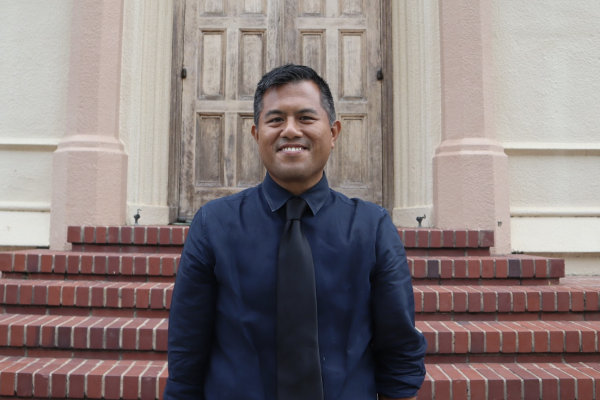
Mr. Robert Rojas is a member of NDB's English Department and, for the 2024-2025 school year, teaches English II Honors, AP English Literature, and Journalism...

